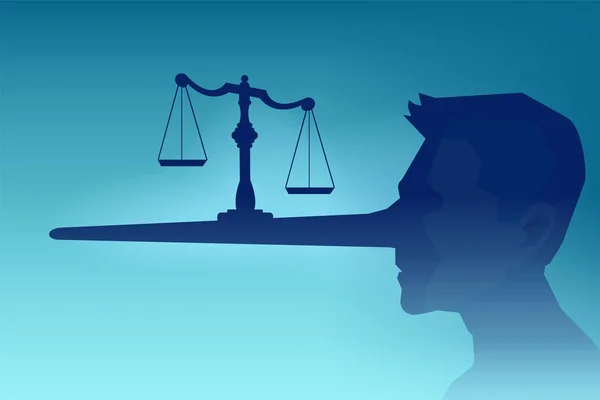
Healthcare decision-making is a complex process that involves weighing the legal and ethical implications of each decision. Healthcare providers are responsible for making decisions that are in the best interest of their patients while adhering to the law and ethical standards.
Legal Considerations

The legal considerations in healthcare decision-making are vast and can vary based on the specific situation. Some common legal considerations include:
- Consent: Healthcare providers must obtain informed consent from their patients before performing any medical procedure or treatment. Informed consent means that the patient is fully aware of the risks and benefits of the treatment and has given their consent voluntarily.
- Confidentiality: Healthcare providers must maintain the confidentiality of their patients’ medical information. This includes not sharing information with anyone who is not directly involved in the patient’s care without the patient’s explicit consent.
- End-of-life care: Healthcare providers must follow specific legal guidelines when providing end-of-life care. This includes adhering to the patient’s advanced directives and providing appropriate pain management.
Ethical Considerations
Ethical considerations in healthcare decision-making are equally important as legal considerations. Ethical considerations include:
- Autonomy: Patients have the right to make decisions about their healthcare. Healthcare providers must respect their patients’ autonomy and involve them in the decision-making process as much as possible.
- Beneficence: Healthcare providers must act in the best interest of their patients and provide them with the best possible care.
- Non-maleficence: Healthcare providers must avoid causing harm to their patients. This includes avoiding unnecessary medical procedures and treatments that may cause harm.
- Justice: Healthcare providers must treat all patients fairly and without discrimination.
Balancing Law and Ethics

Healthcare providers must balance the legal and ethical considerations when making healthcare decisions. In some cases, the law and ethics may conflict, and healthcare providers must navigate these conflicts carefully.
For example, a patient with a life-threatening condition may refuse treatment that is necessary to save their life. Healthcare providers must respect the patient’s autonomy while also considering the legal requirements for providing life-saving treatment.
Another example is end-of-life care. Healthcare providers must respect the patient’s advanced directives while also considering the legal requirements for providing appropriate pain management.
Healthcare decision-making involves balancing legal and ethical considerations to provide the best possible care for patients. Healthcare providers must navigate complex legal and ethical issues to make decisions that are in the best interest of their patients while adhering to the law and ethical standards.








